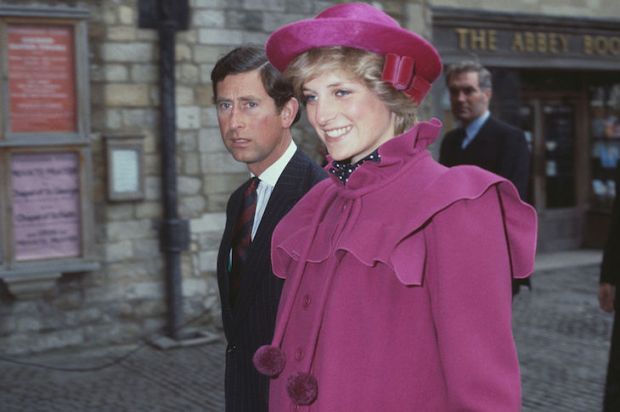The Queen is Head of the Commonwealth. The Commonwealth is headquartered in London, in the splendour of Marlborough House. The Secretary-General of the Commonwealth, Lady Scotland, is British (and also Dominican). Britain is about to take the chair of the Commonwealth for the customary two years, and so the next Heads of Government Conference — probably the last to be attended by the Queen — will take place in London in April. At the same time, Britain is leaving the European Union. So it would seem that circumstances combine to favour a push by the British government to make the Commonwealth work much more actively in our favour. Being a Brexiteer, I am tempted by this idea; but in fact I fear it could all go horribly wrong.
The seven-strong ‘high-level Commonwealth working group’ meeting in London this week has been discussing ‘governance issues’. The BBC says these include the question of who will become Head of the Commonwealth after the Queen dies. There is a genuine problem here because, unlike the other titles of the British monarch, it is not constitutionally automatic. The Prince of Wales is heir to all the present Queen’s 16 realms, and so the accession council will proclaim him as their king from the moment of his mother’s death. No process exists among the 53 Commonwealth countries of today which says that Prince Charles will definitely be its Head. Indeed, there is no process to appoint any Head. The present Queen was ‘acclaimed’ Head in succession to her father, and was proclaimed as such at the moment of her accession, but no law says this has to happen next time. So unless matters are arranged in advance, there is at present no credible mechanism by which Lady Scotland (or a subsequent secretary-general) could get a definite answer from all 53 countries quick enough for the proclamation. There would be a hiatus. In all matters of succession, a hiatus can give rise to mischief.
It therefore should be agreed beforehand, somehow. It is impossible to think of anyone other than Prince Charles who would be suitable. There’s nothing in it for African countries to have, say, the President of Singapore in titular charge, or vice versa. Nor does the idea of ‘democracy’, in a disparate, global organisation which runs nothing, make any sense. The Prince has vast Commonwealth experience, and the British monarch has always been the unifying face of the whole curious enterprise. Commonwealth leaders will prefer to go on gathering in Buckingham Palace. It would also help British ‘soft power’ if Prince Charles were Head of the Commonwealth. But there is a rational alternative. The Commonwealth could have no Head at all — just a secretariat, and a rotation of countries in the chair. If supporters of Prince Charles overplay his hand, this could quite easily happen. Any strong feeling that he was pushing for the role, or that his appointment might be controversial, could kill it: monarchs have to be a focus of unity or they aren’t worth the trouble. If the Prince were rejected for the post, this would be sad in itself, and would also damage his standing — though not his legitimacy — as king. Those in, say, Australia, who want rid of the monarchy would be encouraged if he no longer headed the Commonwealth. Old hands tell me that no secretary-general has gripped this; which is a pity, because who else could? If Britain tried to, it would blow up in its face. Surely the choice, if you want to keep the show on the road, is between securing the agreement of the 53 in advance, or getting a more informal private understanding among them that Prince Charles, on succession, could be made Head pro tem, nem con. Then it would be a case of ‘Rien ne dure comme le provisoire’.
So while it would be fun for the Foreign and Commonwealth Secretary (that’s Boris) to make one of his witty speeches celebrating our common heritage and trying to weaponise it in commercial and international affairs, it would almost certainly backfire. We cannot have ‘imperial preference’ without empire, and which of the 53 countries wants that? The best thing Prince Charles can say to the Commonwealth (privately) is ‘I’m here to help — if you want me’. The British government should be similarly modest.
This is an extract from Charles Moore’s Spectator Notes, which appears in this week’s magazine







Comments